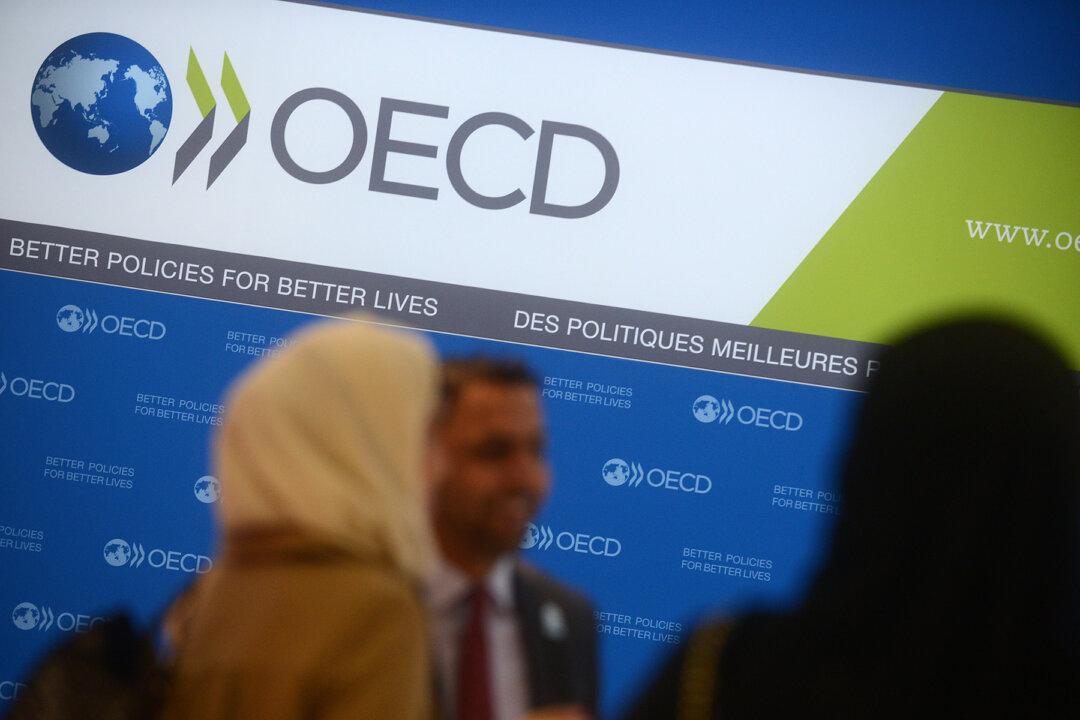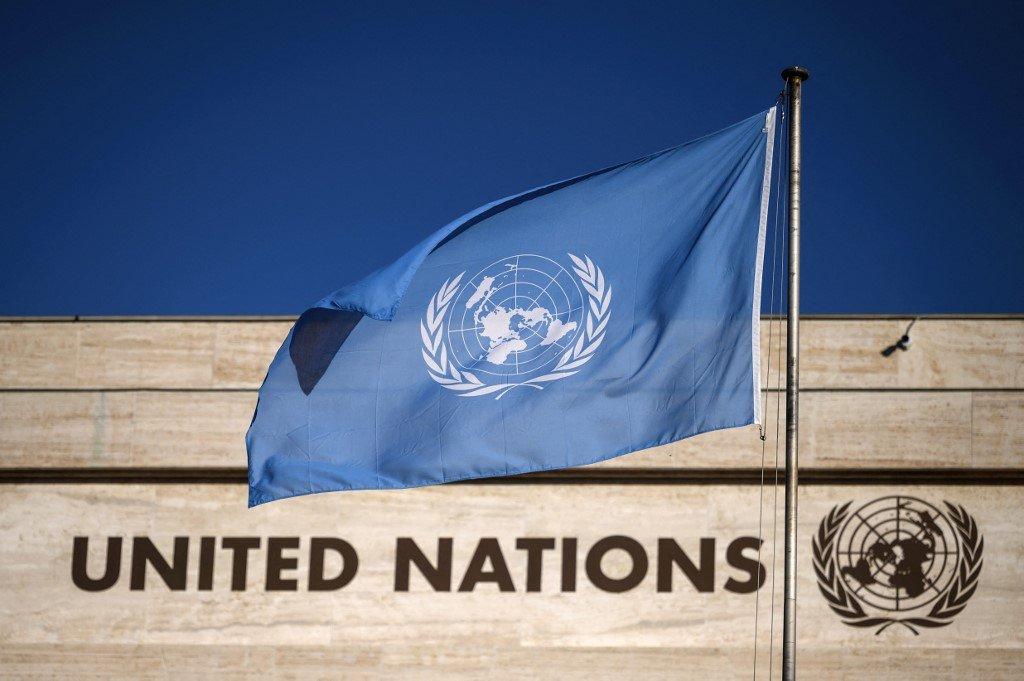Commentary
United Nations agencies and their partners are working to dominate the education systems of the world, which will enable them to deliver children’s sexual rights ideology in tandem with socialist and anti-family philosophies to youth around the globe.





